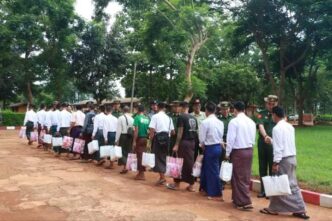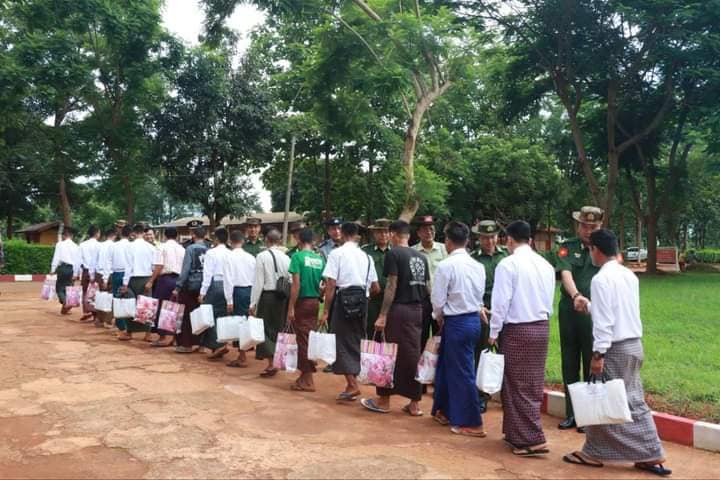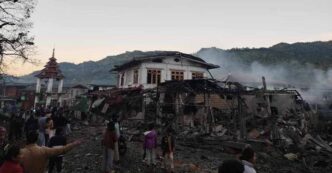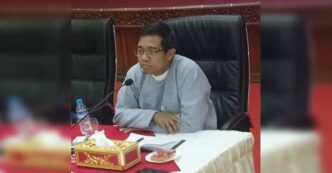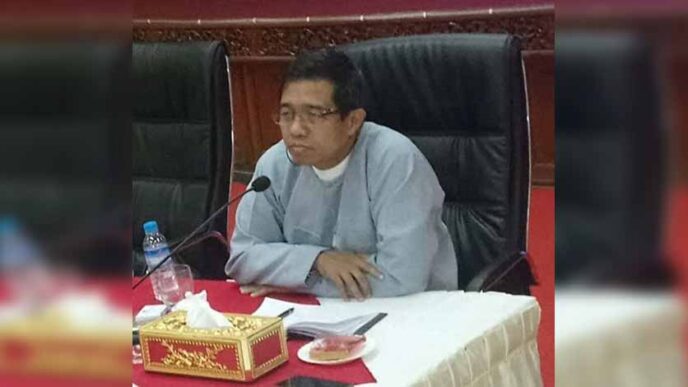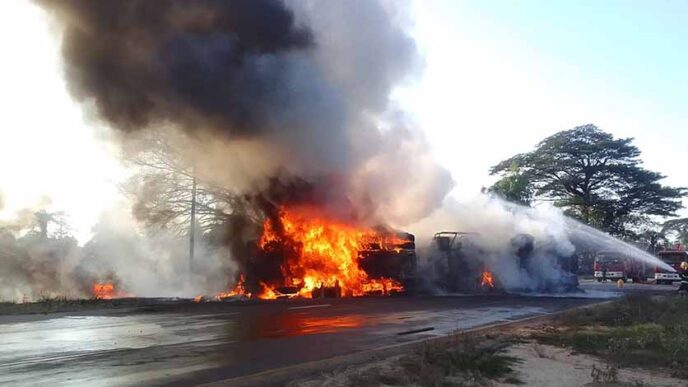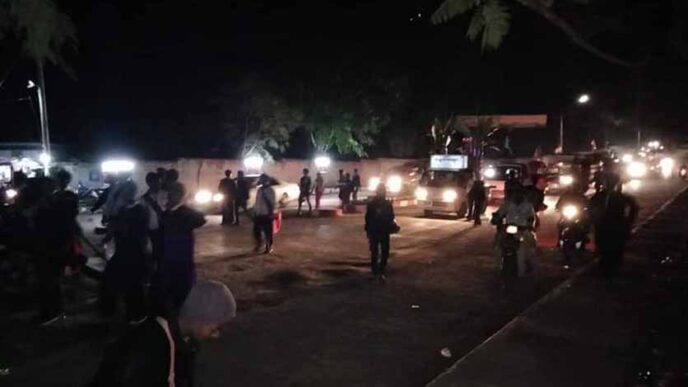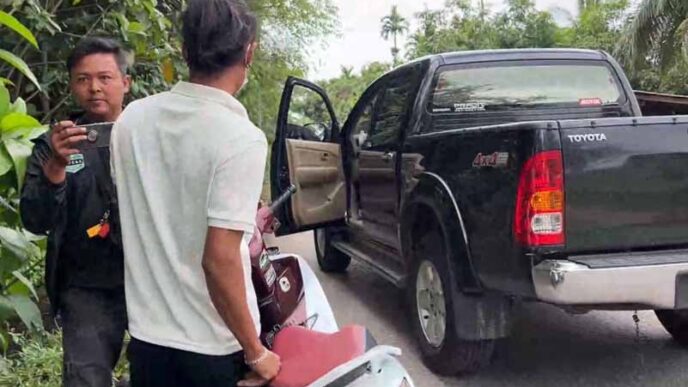Expatriate workers from Myanmar are now being required to sign a guarantee to return for military service upon the expiration of their contracts. This new policy has raised concerns among workers and employment agencies alike, especially given the recent enforcement of the Militia Conscription Law. Below, we explore the details of this policy, its impact on workers, and reactions from employment agencies.
1. New Requirements for Expatriate Workers to Serve in Myanmar’s Military
Mandatory Military Service Clause for Outbound Workers According to foreign employment agencies, all workers departing for overseas employment must now commit to returning and serving in Myanmar’s military when their work contract ends. This requirement mandates that workers sign an agreement with employment agencies affirming their future military service.
Pressure on Employment Agencies Agencies are experiencing pressure to enforce these agreements, despite concerns. One employment agency entrepreneur shared, “Now, we have to include this point, but workers aren’t comfortable with it. To send them abroad, we have to push it.” Agencies are facing increasing administrative burdens to ensure compliance with the new requirements.
2. Military Council’s Influence on Employment Agencies and Contract Terms
Ministry of Labor’s Role in Contract Enforcement Under the influence of Myanmar’s military council, the Ministry of Labor has stipulated that foreign employment contracts last for three years and that agencies must ensure workers return for military service at the end of this period. This directive adds significant responsibilities to agencies already tasked with monitoring contract fulfillment.
Impact on Remittance and Family Support The mandatory return policy has also raised concerns over family remittance. With many workers supporting families through earnings sent from abroad, the new rule may disrupt financial stability for many households. An employment agency representative voiced concern, noting that the requirement for workers to return for military service could jeopardize consistent family support.
3. Implications of Myanmar’s Militia Conscription Law on Young Workers
Increased Conscription Amid Heightened Military Recruitment The Militia Conscription Law, introduced earlier this year, has led to an increase in conscription efforts. Military recruitment and training initiatives have resulted in elevated casualty rates, raising anxiety among young people who fear the prospect of mandatory service.
Restrictions on Age and Overseas Employment for Young Men In an effort to prevent draft evasion, Myanmar has restricted men aged 23 to 32 from working overseas. This regulation, combined with additional restrictions on travel for existing expatriates, aims to limit options for those seeking to avoid military duty.
4. Concerns and Future Outlook for Myanmar’s Expatriate Workforce
Concerns Among Young Workers and Families The requirement for military service has generated widespread concern among young workers and their families. With the addition of the military service clause in employment contracts, many are reconsidering their options for overseas employment, especially as the potential for deployment to active conflict zones looms.
Growing Tension Between Employment Agencies and Government Policies Employment agencies are struggling to comply with the new military service requirements, which they feel conflict with their goals to support Myanmar’s workforce and families. The added responsibility of ensuring military return policies further complicates their operations and challenges their relationship with both workers and governmental bodies.
Myanmar’s Military Service Requirement Alters Expatriate Employment Landscape
Myanmar’s new requirement for expatriate workers to return for military service has introduced complex challenges for workers, their families, and employment agencies. As conscription intensifies, young people face increasing restrictions on their employment and movement abroad, marking a significant shift in Myanmar’s expatriate labor policies. The future remains uncertain, with both workers and agencies adapting to these policies amid ongoing socio-political changes.
